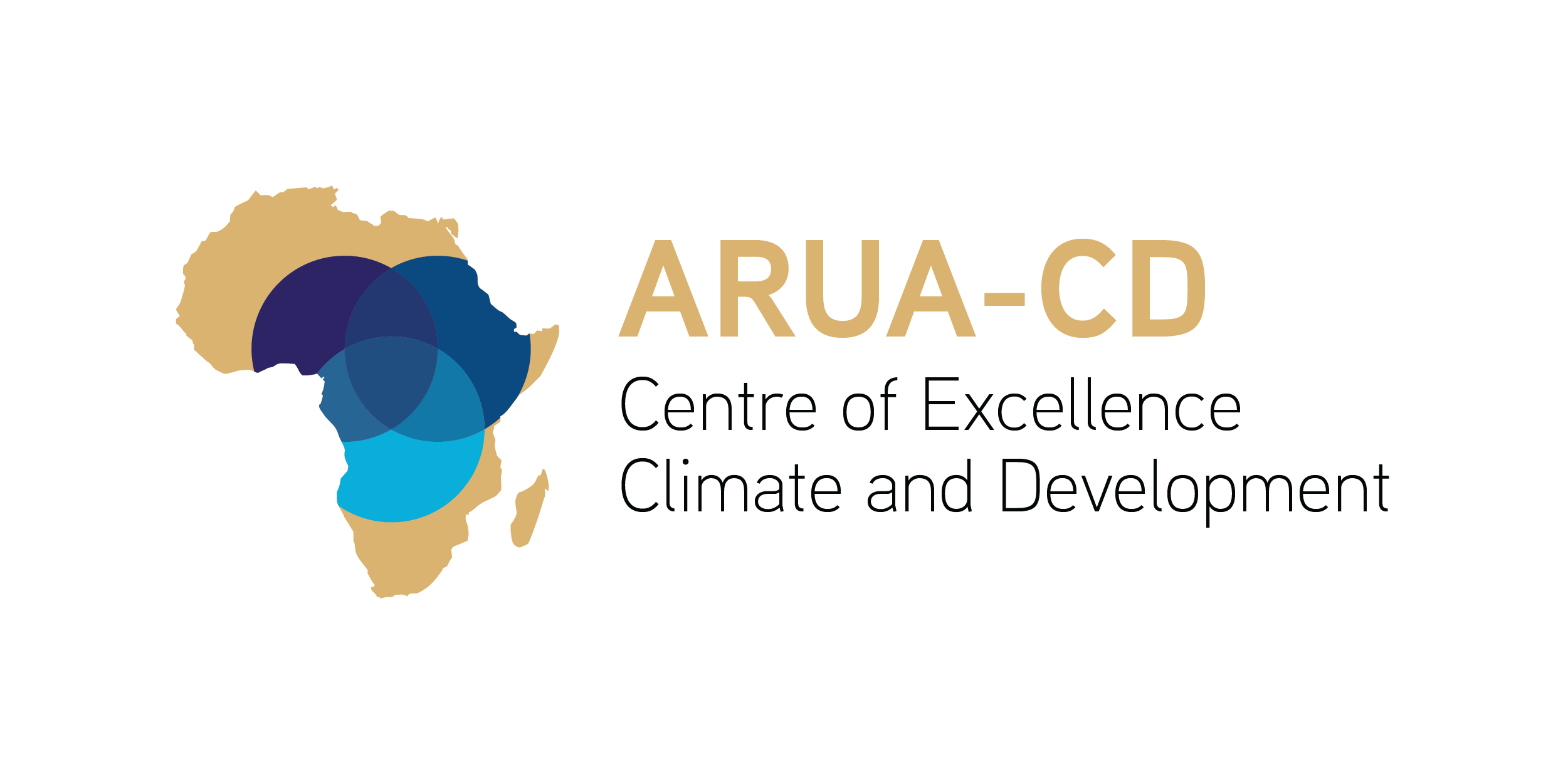Reflections on COP29: Insights on Just Transition and Public Perception of Climate Policies

Following the conclusion of COP29 in Baku, Catherine Dunn, a student supported by the African Research Universities Alliance Centre of Excellence in Climate and Development (ARUA-CD), shared her experiences from the global climate summit. The event highlighted key challenges and opportunities in advancing just transition policies, particularly in balancing economic development, climate adaptation, and public acceptance. The following reflects Catherine’s perspective and learnings from her time at COP29.
Public Opinion and Climate Change: Lessons from Spain
A central theme in the discussions was the role of public opinion in shaping effective climate policies. Catherine attended a session where a recent Spanish survey revealed that 90% of respondents acknowledge climate change, with 80% reporting direct impacts. However, only 25% found current policies effective, while 47% viewed them negatively.
"While there’s strong support for renewable energy, the survey highlighted resistance in certain communities," noted Catherine. Crucially, the data indicated that just transition initiatives—aimed at supporting communities through the energy transition—garner wide support across political divides.
Socio-economic variables also played a pivotal role. Catherine observed that smaller municipalities in Spain demonstrated greater acceptance of climate policies, while self-efficacy—the belief in the ability to make a difference—proved critical for increasing public engagement.
Kenya: Balancing Development and Climate Justice
From an African perspective, Kenya’s contributions stood out. Discussions on justice and livelihoods underlined the complexities of implementing climate policies in resource-limited contexts. Catherine noted the example of pastoralist communities in Kenya’s northeast, where hybrid livestock introduced for climate adaptation disrupted traditional livelihoods.
"Kenya’s challenge lies in balancing economic growth with climate resilience while ensuring no one is left behind," Catherine explained. Speakers emphasised the need for targeted resources to support adaptation, address losses and damages, and build policies that sustain local economies.
Stakeholder Engagement in Climate Policy
The importance of public consultation was also a key takeaway. Colombia and Spain showcased approaches to engaging communities and stakeholders in developing Nationally Determined Contributions (NDCs). Catherine noted that transparent consultation processes foster trust and improve policy acceptance, particularly in addressing perceptions of inequality and policy inefficacy.
Diversification and Transition Pathways for Developing Countries
COP29 highlighted the unique challenges faced by fossil fuel-dependent economies. Azerbaijan’s own transition journey offered relevant lessons for African nations. Catherine attended discussions on economic diversification, where participants stressed the role of small and medium enterprises (SMEs) and community-driven initiatives in facilitating a just transition.
"For developing countries, economic stability and climate justice must go hand in hand," Catherine reflected. "We need context-specific pathways to address these dual challenges."
ARUA-CD and the Future of Climate Leadership
As an ARUA-CD-supported student, Catherine’s participation at COP29 reflects the Centre’s commitment to developing African climate leaders equipped to address the continent’s pressing challenges. Her reflections underscore the importance of integrating public perceptions, equitable transitions, and local realities into global climate discussions.
"The experience reaffirmed that a just transition cannot succeed without engaging people directly impacted by these changes," Catherine concluded.
COP29 may have ended, but the lessons from Baku will continue to shape ARUA-CD’s work in advancing equitable, sustainable, and inclusive climate solutions across Africa.
